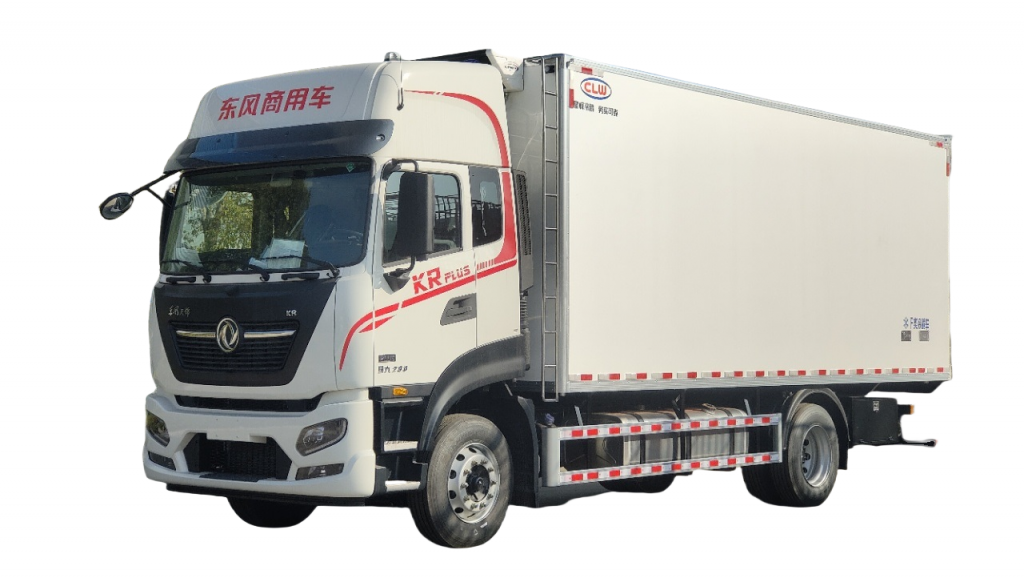Ensuring High Reliability with Truck Mounted Cranes A Comprehensive Guide

Introduction:
Truck mounted cranes are essential equipment in various industries, ranging from construction and logistics to utilities and telecommunications. These cranes provide a versatile and efficient solution for lifting and moving heavy loads in a variety of work environments. However, ensuring high reliability is crucial to maximize the productivity and safety of truck mounted cranes. In this comprehensive guide, we will explore the key factors that contribute to the reliability of truck mounted cranes and provide insights into maintenance practices and safety measures to enhance their performance.
1. Understanding Truck Mounted Cranes:
Truck mounted cranes, also known as boom truck s or mobile cranes, are specialized vehicles equipped with a crane mounted on a truck chassis. These cranes offer the flexibility of mobility, allowing them to travel to different job sites without the need for a separate transport vehicle. The crane is typically mounted on the rear of the truck bed, with hydraulic mechanisms for lifting and maneuvering heavy loads.
2. Factors Affecting Reliability:
Several factors can impact the reliability of truck mounted cranes, including design, manufacturing quality, maintenance practices, and operator training. A well-designed crane with high-quality components is more likely to perform reliably over its lifespan. Regular maintenance and inspections are essential to identify and address potential issues before they escalate and cause downtime or accidents. Adequate operator training ensures that the crane is operated safely and efficiently, reducing the risk of accidents and equipment damage.
3. Design Considerations:
The design of a truck mounted crane plays a significant role in its reliability and performance. Key design considerations include the crane's lifting capacity, boom length, stability, and control mechanisms. A crane with a higher lifting capacity can handle heavier loads, but it must be matched with a stable chassis and outriggers to prevent tipping. The boom length determines the crane's reach and versatility, allowing it to access work areas at different heights and distances.
4. Manufacturing Quality:
The quality of materials and components used in the construction of a truck mounted crane directly impacts its reliability. Cranes manufactured with high-quality steel, durable hydraulic systems, and reliable electrical components are more likely to withstand the rigors of daily operation and deliver consistent performance. It is essential to choose a reputable manufacturer with a proven track record of producing reliable and durable cranes.
5. Maintenance Practices:
Regular maintenance is critical to ensuring the reliability of truck mounted cranes. Scheduled inspections, lubrication, and component replacements help prevent breakdowns and prolong the crane's lifespan. Maintenance tasks should be performed by trained technicians following manufacturer guidelines and industry best practices. Any signs of wear, damage, or malfunction should be addressed promptly to avoid costly repairs and downtime.
6. Safety Measures:
Safety is paramount when operating truck mounted cranes to protect workers, bystanders, and the equipment itself. Proper training for crane operators is essential to ensure that they understand safe operating procedures, load limits, and emergency protocols. Safety features such as overload protection systems, boom angle indicators, and anti-two block devices help prevent accidents and equipment damage. Regular safety inspections and compliance with regulatory standards are essential to maintain a safe work environment.
7. Common Challenges and Solutions:
Despite their reliability, truck mounted cranes may face challenges such as wear and tear, hydraulic leaks, electrical malfunctions, and structural issues. It is crucial to address these issues promptly to prevent accidents and keep the crane operating smoothly. Regular inspections, preventive maintenance, and timely repairs are effective strategies for addressing common challenges and ensuring the reliability of truck mounted cranes.
8. Case Studies:
To illustrate the importance of reliability in truck mounted cranes, we present two case studies showcasing successful implementation of maintenance practices and safety measures:
- Case Study 1: A construction company invested in a fleet of truck mounted cranes for their projects. By implementing a proactive maintenance schedule, conducting regular inspections, and providing operator training, they were able to reduce downtime, increase productivity, and enhance safety on the job site.

- Case Study 2: A utility company experienced a hydraulic leak in one of their truck mounted cranes, leading to unexpected downtime and delays in service restoration. By promptly addressing the issue, conducting a thorough inspection of the crane, and implementing preventive maintenance measures, they were able to prevent similar incidents in the future and ensure the reliability of their equipment.
9. Conclusion:
Truck mounted cranes are indispensable tools in various industries, offering efficient lifting and maneuvering capabilities in diverse work environments. Ensuring high reliability is essential to maximize the performance, safety, and longevity of these cranes. By focusing on design considerations, manufacturing quality, maintenance practices, and safety measures, operators can enhance the reliability of their truck mounted cranes and achieve optimal results in their operations. Investing in reliable equipment and implementing best practices contribute to a safe and productive work environment for all stakeholders involved.
